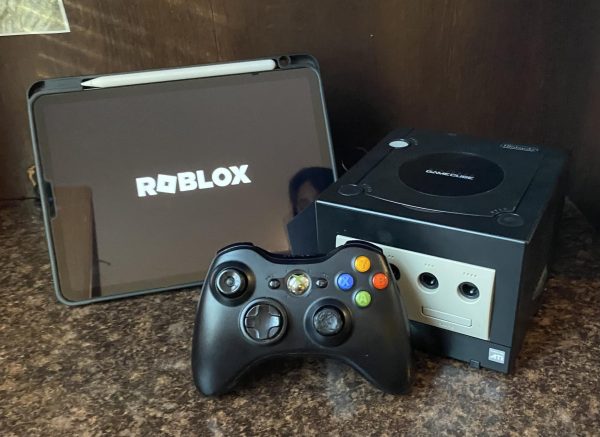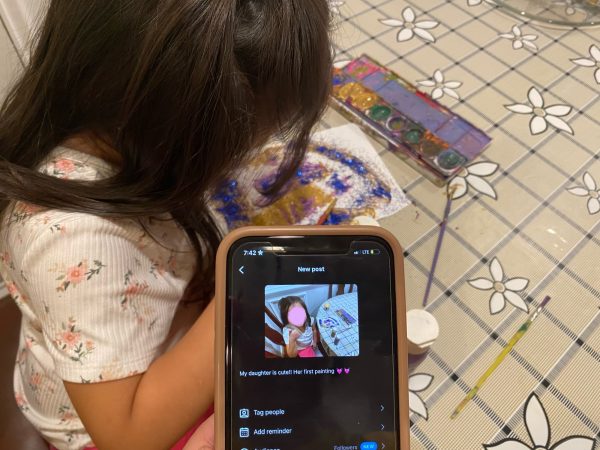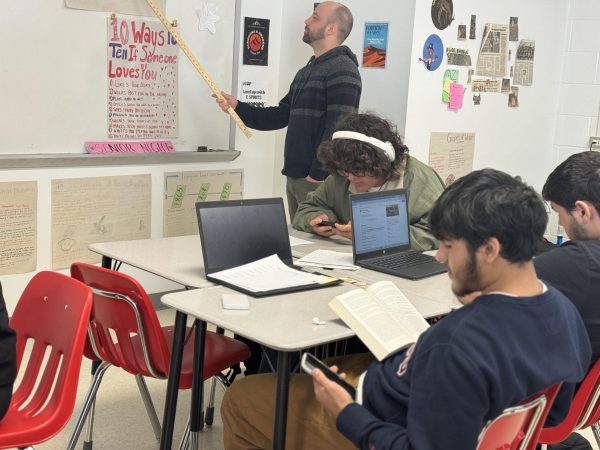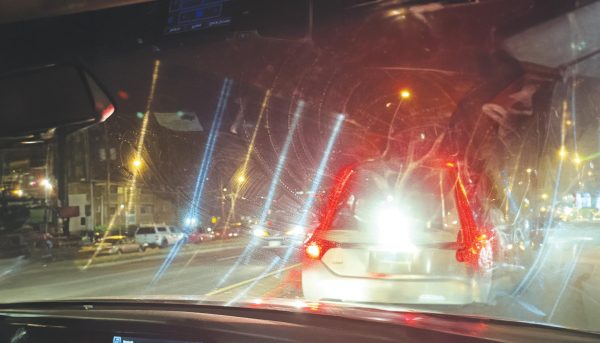Senior Profile: Amelie Trieu
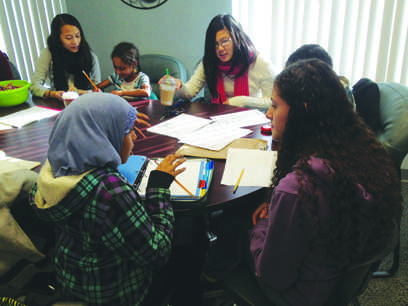
For the last three years, I’ve been on the Fairfax County Student Human Rights Commission. It’s a county sponsored Commission that features high school students. It’s two students per school, so I am one of AHS’ representatives. I have been doing that for three years now.
This year I was elected chair [of the commission]. So through that we conduct projects pertaining to human rights as well as civil rights. I have carried out certain campaigns around the county as well as at AHS.
I also work for a nonprofit called Growth Inspiration through Volunteer Education (GIVE). It was founded by two of my friends from middle school, so it is a high school founded and a high school run nonprofit.
So what we basically do is we try to foster community service in education across the county. It started in Fairfax. We had one location and the past four years we have spread to Loudoun County, Alexandria and Arlington. So we have a total of about 20 centers.
So what we do is we have AP/PSAT book drives, and we do that throughout the year. Another thing we do is a free tutoring program on Saturdays and Sundays.
In the summer as a member of the core team or the executive board, I work on fund raising, I write grants. We do bake sales. Every member would have to contribute at least $200, sometimes $300, and we get that through bake sales. So over the summers I spent a good month or two doing that, [and] writing annual reports for the nonprofit. We are registered as a 501(c)(3). We do tax returns, we do a lot of reports and we have to write grants. So I work on that. I primarily work on public relations and editing and writing those grants.
One of the biggest things we (GIVE) do is the tutoring Center. So personally throughout the school year I run the tutoring center at Lincolnia Community Resource Center. They [the kids] will end up going to Annandale. Basically we provide tutoring services and mentoring. That’s the main thing that GIVE does. In the summer we would create a whole stem curriculum. We figure out what each student needs for their grade level. To be eligible to go to the tutoring program you have to be on free or reduced lunch.
For example at my location they go through a social worker. So to register for our program, they have to go through the social worker, who would recommend what they do, and we would work hand-in-hand with the social worker and the center.
So at my center, for example, they are very low income. They are immigrant families and some of them I work with, about four or five, who are special needs kids. So we have to fit with the curriculum. We are trying to foster a sense of community as well as leadership among the kids.
So for example I teamed up with key club, AHS’s key club is really invested in that.
When “Read Across America” is coming up, next month, we promote GIVE’s other venture, we wrote a children’s book titled Being Different is what Makes us Special. It’s about bullying and diversity in elementary schools. It’s actually featured in Apple-21 and right now they are making it into an audio book. So we read that to the kids and ask them questions.
Give has also worked with SHRC and it is approved by the school board, it is approved by the curriculum specialist at Fairfax County Public Schools. We take the questions and guidelines that she helped us create and we try to bring those to our students at our tutoring centers.
They [the founders of GIVE] are freshman in college right now and so they have been working on this for 3 years and I have been working on it for 2. Once they left for college this year, it got handed down to us. We have got new members coming in, so that is how we carry down the structure of the pyramid.
I’m really interested in pursuing a job for public service or the government. I really liked it [these volunteer opportunities] because I was able to help my local community and address and understand global issues. So for example, previously, I have only worked with nonprofits doing paperwork inside but I’ve learned to communicate others like with the social worker, with kids. So I work hands-on and really fostered through those skills.
We learn issues that are attainable to government and it really help me develop my interest in governmental affairs. I got a lot of responsibility with those two groups in particular, because it’s like a full-time job. I really appreciate it because I have meet so many interesting people. With SHRC every year I go to their fair housing luncheon and they have people from the Department of Housing and Urban Development and they talked to us.
About three years ago, my first year on the commission, I met a man who was just a lawyer at the time and now he is the Secretary of Transportation. It was really cool talk about these issues that we don’t really learn. And it really helps me with school.
I am more certain about what I want to do in my future [because of my community service]. I feel satisfied because I help create that atmosphere, that environment, or that project, or program. I also feel more responsible, I know what I’m doing. I am responsible for other people. I know how to take responsibility better than I used to.



